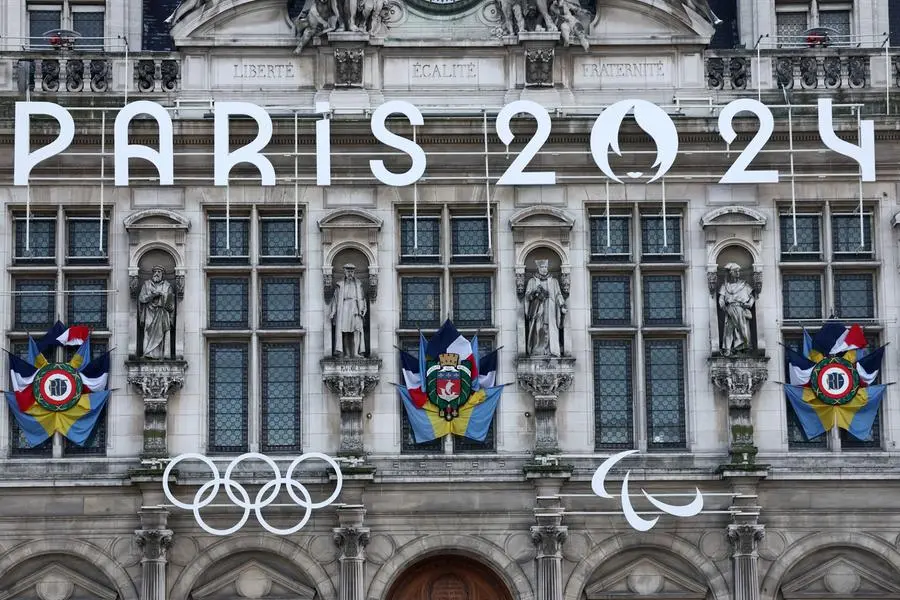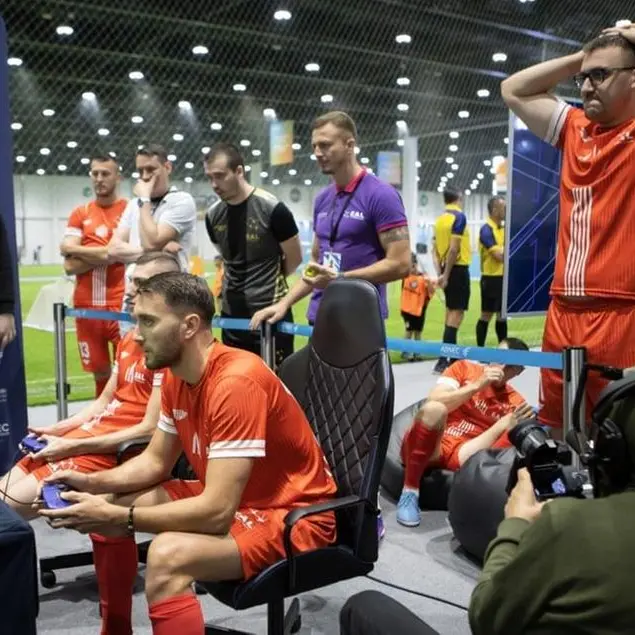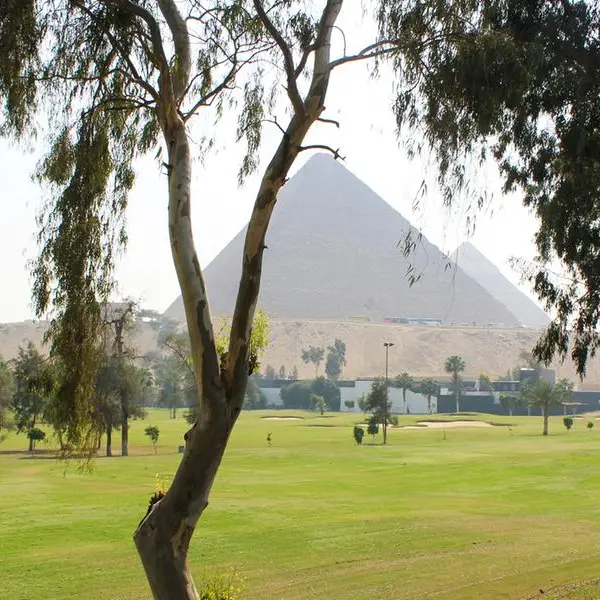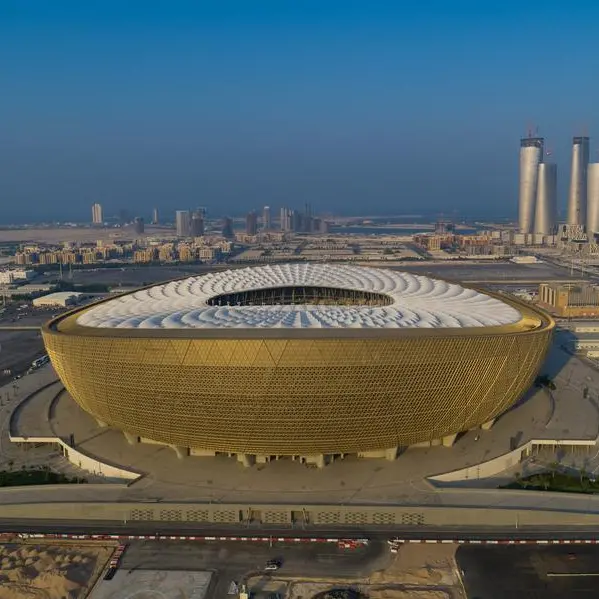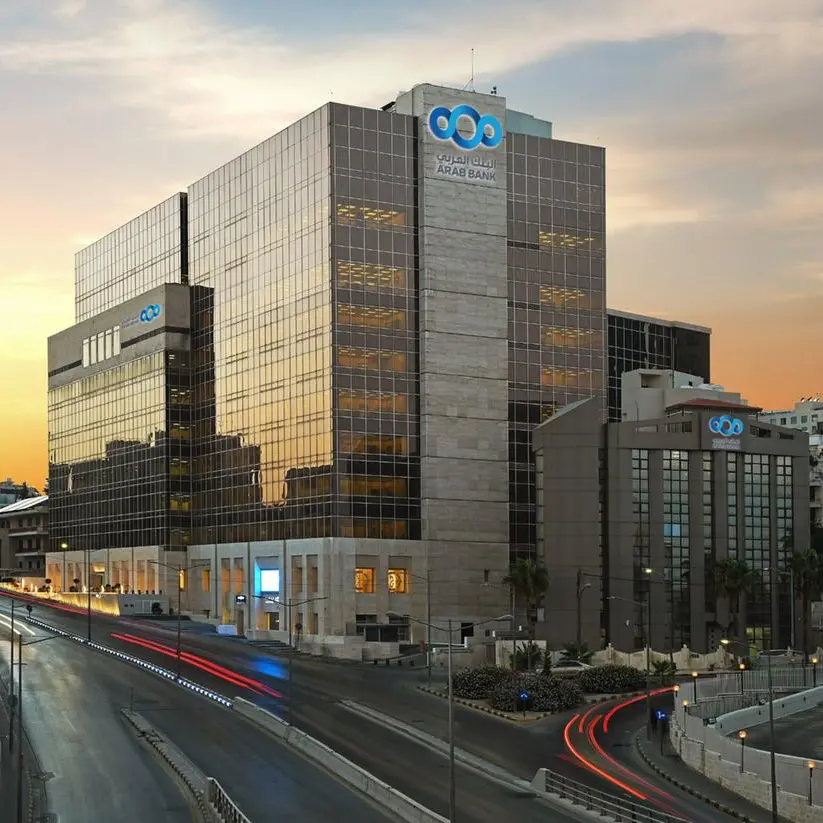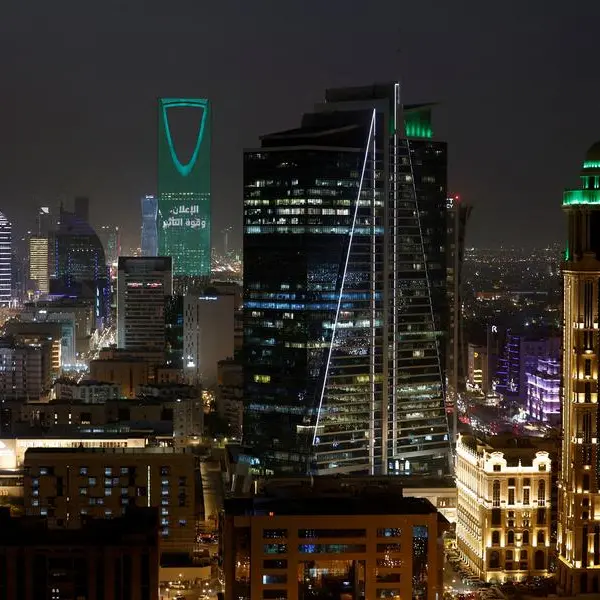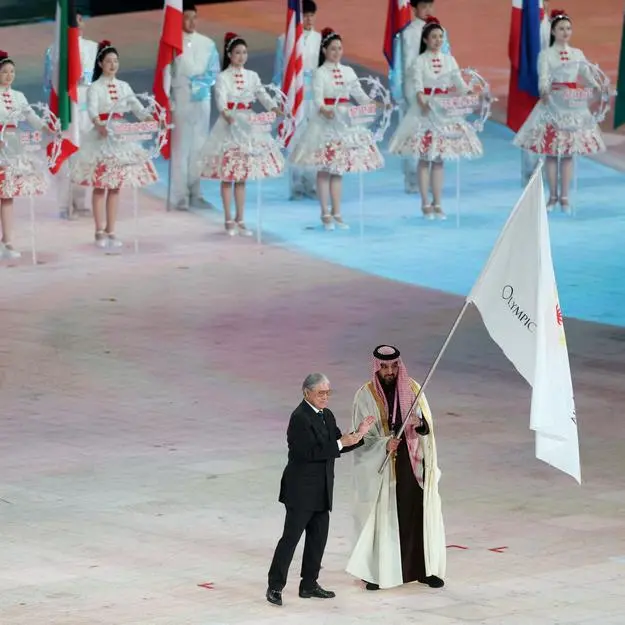PHOTO
AMMAN — The International Olympic Committee (IOC) has held a virtual roundtable discussion following the announcement of the composition of the “Refugee Olympic Team” for the upcoming Paris Olympics.
The online event featured Masomah Ali Zada, an athlete from the Refugee Olympic Team and Chef de Mission for the Refugee Olympic Team Paris 2024, and Yiech Pur Biel, an IOC Member and participant in the inaugural IOC Refugee Olympic Team at Rio 2016.
Biel underscored the personal significance of such events, saying, “Participation provides me with the opportunity to serve as a role model for young people living in refugee camps, advocate for millions of refugees, and work with goodwill ambassadors for the refugee cause.” He also emphasised the platform’s role in promoting mental health and a sense of belonging among young refugees.
Zada noted that participating in the Olympics, especially the prospect of winning medals, offers refugees the chance to present the best version of themselves and positively represent the refugee community, adding that, “Participation in the refugee teams contributes to transforming their countries, inspiring other refugees to work towards their dreams, and shifting the perception of refugees in a positive direction.”
James Macleod, an IOC official, said “Every refugee athlete has the same rights and responsibilities as any other athlete in the world and should adhere to the rules of play.” He also noted the provision of a scholarship programme for these athletes.
Biel also highlighted that refugees can convey a message of peace during times of war, saying, “We aim to restore peace, as no one wishes to leave their countries.”
Macleod also noted that displacement is not solely caused by war; individuals flee their countries for various reasons, including environmental issues, social injustice, societal challenges, and economic problems.
Biel also emphasised the importance of understanding the concept of refugees, saying, “It’s not just about violence and war; every individual has their own story. These individuals find a home through sport.”
Macleod highlighted that the team’s emblem, designed with a heart at its centre and arrows pointing in the right direction, symbolises the guidance provided to refugees by the team and foundation, adding that the emblem will be featured on the team uniforms.
Macleod also emphasised that the initiative could be expanded to include refugees in various federations, intercontinental associations, and European games and teams, thereby providing refugee athletes with access to sports at all levels. He also encouraged host communities to include refugees, fostering trust, support, and a spirit of solidarity.
A total of 75 refugee athletes from 12 countries, residing in 24 host countries, and representing 14 sports, have benefited from scholarships for Paris 2024. These scholarships are fully funded by the IOC through its Olympic Solidarity programme for refugee athletes and are managed by the Olympic Refuge Foundation (ORF).
The ORF, which oversees the Refugee Olympic Team, was established by the IOC to ensure that young people affected by displacement can thrive through sport. Through its efforts, the Foundation has enabled more than 300,000 displaced young people to access sport and reap its benefits.
The International Olympic Committee, a not-for-profit, civil, non-governmental, international organisation comprised of volunteers, is committed to building a better world through sport. It redistributes more than 90 per cent of its income to the broader sporting movement, equating to a daily contribution of $4.2 million to assist athletes and sports organisations at all levels worldwide.
© Copyright The Jordan Times. All rights reserved. Provided by SyndiGate Media Inc. (Syndigate.info).
